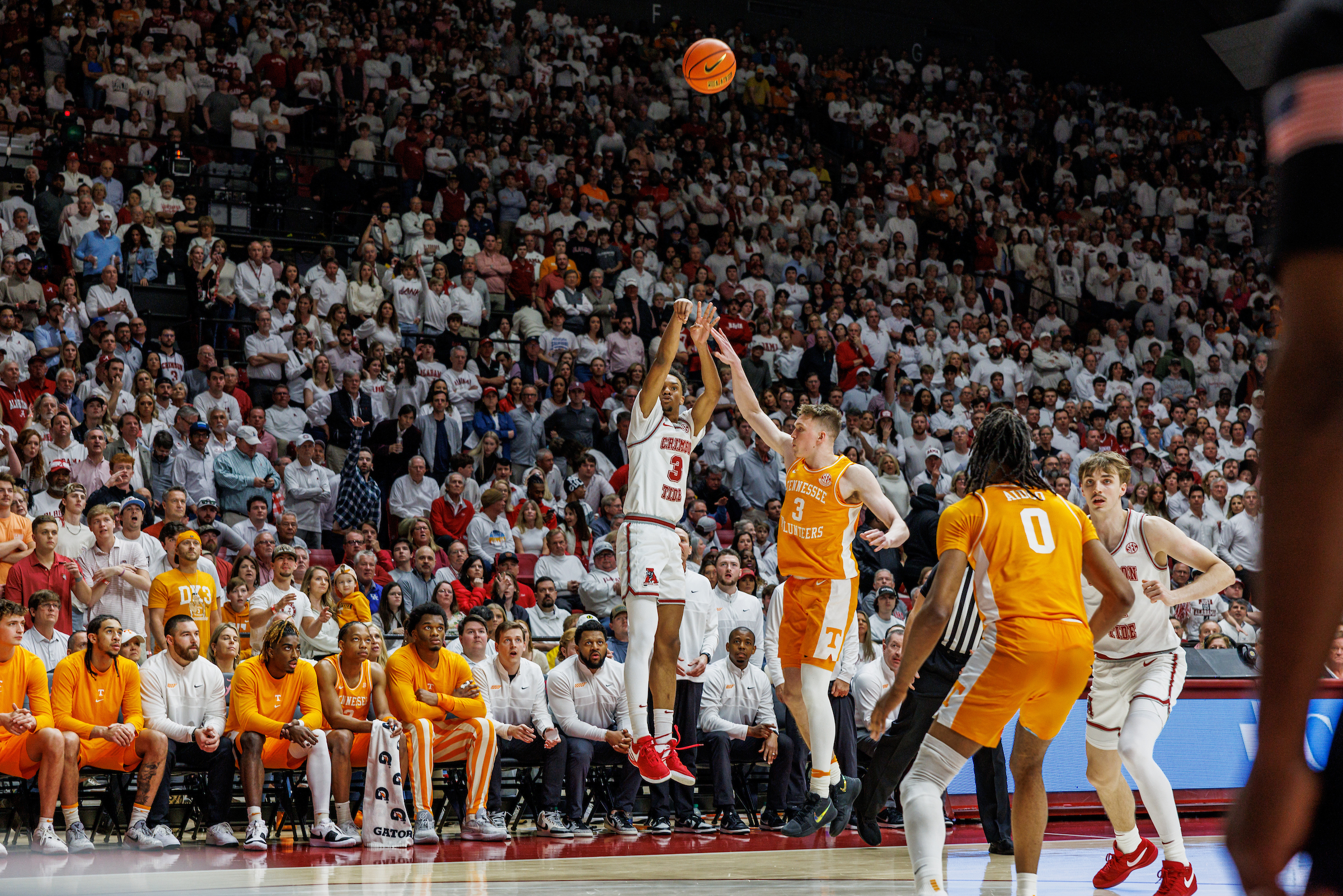Purpose:
These guidelines aim to balance the academic responsibilities of students with their required participation in University-sanctioned events or activities. They are designed to support students in fulfilling both their academic and extracurricular commitments
1. Notification and Scheduling:
Advance Notice: Students required to participate in University-sanctioned events or activities (e.g., NCAA athletic competitions or academic conferences) should notify their professors at the beginning of the semester or as soon as the event schedule is available.
Schedule Sharing: Athletic departments and event organizers should provide an official schedule of events to both students and faculty to facilitate planning.
Reference to Official Sports List: To clarify which athletic events are included, faculty and students can refer to the list of sports at rolltide.com.
2. Academic Accommodations:
Flexible Deadlines: Faculty should make reasonable efforts to accommodate students who miss classes or deadlines due to participation in sanctioned events. This may include extending deadlines or providing alternative assignments.
Alternative Learning Opportunities: Where possible, professors should provide options for students to make up missed classwork or lectures, such as recording lectures or offering supplementary materials.
NCAA-Sanctioned Competition Attendance for Student Athletes: Participation in NCAA-sanctioned competitions by student athletes is classified as an excused absence. Faculty are required to offer these students chances to complete any quizzes, exams or other assignments they miss, which contribute to their final grade, or provide an equivalent alternative. The completion of this make-up work should normally occur within one (1) week following the conclusion of the absence, unless a longer period is necessitated by exceptional circumstances.
Make-up Policy: Participation in NCAA-sanctioned competitions by student athletes is classified as an excused absence. Faculty are required to offer these students chances to complete any quizzes, exams or other assignments they miss, which contribute to their final grade, or provide an equivalent alternative. The completion of this make-up work should normally occur within one (1) week following the conclusion of the absence, unless a longer period is necessitated by exceptional circumstances.
3. Communication:
Regular Updates: Students are responsible for maintaining open communication with faculty and coaches or event organizers about their schedules and any academic concerns.
Faculty-Coach/Event Organizer Liaison: Establish a liaison role (such as an academic advisor for athletes) to facilitate communication between faculty and athletic/event staff.
4. Travel and Accommodation:
Travel Plans: The University should provide clear information regarding travel arrangements, including departure and return times, to assist students in planning their academic responsibilities.
Accommodation and Study Facilities: The University should ensure that students have access to appropriate accommodations and facilities to continue their studies during travel, such as Wi-Fi in hotels.
5. Grievance and Feedback:
Grievance Process: In case of disputes regarding academic accommodations, the Academic Grievance Policy, as described in Appendix D of the Faculty Handbook, will be followed.
Feedback Mechanism: Regularly collect feedback from students, faculty, and staff involved in University-sanctioned events or activities to improve the guidelines and address any issues.
6. Review and Update:
Annual Review: These guidelines should be reviewed annually and updated as necessary to reflect the evolving needs of the student body and university community.
These guidelines are intended to foster an environment where students can excel both academically and in their extracurricular pursuits, recognizing the importance of a well-rounded university experience.
